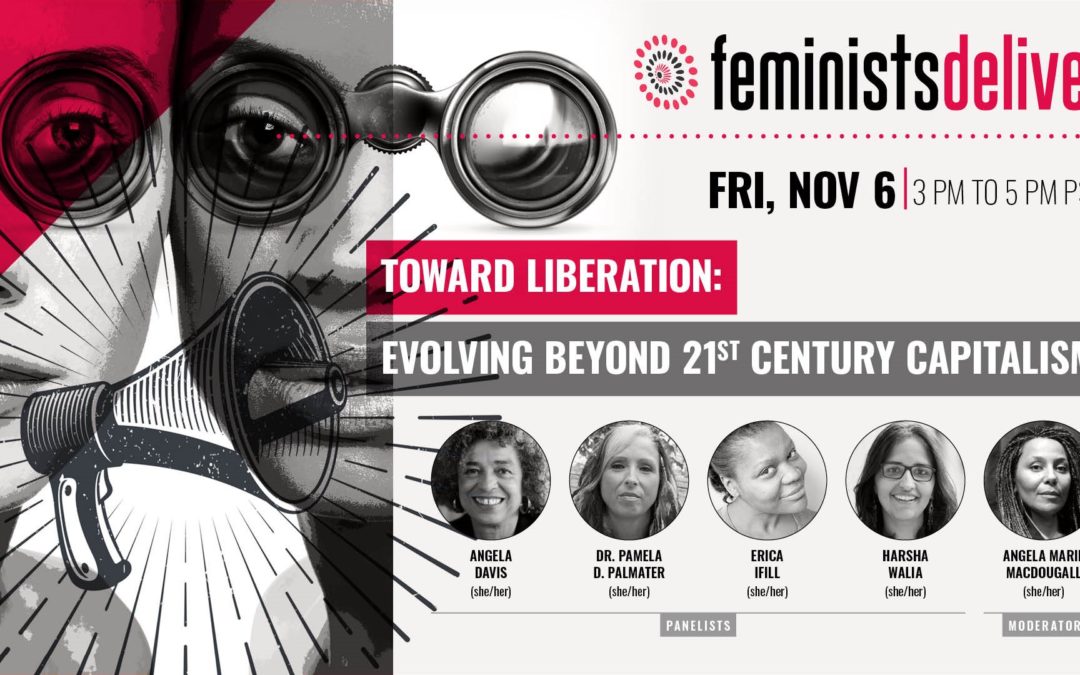As we unravel the colonial and imperial histories that bind a majority of us today, we’ve reached a life-threatening crossroad under COVID-19 critical to our political, social, and economic futures. In the past five hundred years, we had been witnesses to rising wealth and capital built on land grabs, resource extraction, and decaying earthly conditions at the cost of human lives. This is complicated by the reality that the legacies of colonization, capitalism, white supremacy, and patriarchy specifically targets and subjugates women, non-binary people, Two-Spirit people, Black, Indigenous and peoples of colour who continue to face additional barriers when striving for economic wealth and overall health and wellness.
Along this timeline, we have also been introduced to human rights frameworks that allow us to improve lives across the globe, while subsequently facing increased inequities, environmental damages, and a myth that there isn’t enough for all of us. We need to act in a more affirming direction: politically, economically, socially in communities around the world. We have to look at the economic system such as wealth generation, and define world views on what is wealth for the individual and the collective.
Feminists Deliver is here to inspire transformative individual, relational, community, and societal interventions. Join us on Friday, November 6 to collaborate and aspire Toward Liberation: Evolving Beyond 21st Century Capitalism.
With introductory remarks from Rhiannon Bennett of Hummingbirds Rising Consulting.
Panelists
- Angela Davis
- Dr. Pamela D. Palmater
- Erica Ifill
- Harsha Walia
- Moderator – Angela Marie MacDougall
Feminists Deliver is a coalition based in unceded territories in what colonially borders British Columbia, where the genocidal impacts of European colonizers span centuries and continue to haunt the realities of Indigenous peoples today including residential schools, the Sixties Scoop, as well as the governmental, religious and police authorities’ control of family systems, resources, and access to services. More than 200 distinct First Nations as well as Métis people, with at least 30 different languages and approximately 60 spoken dialects reflect the diversity of the peoples, cultures, and spaces we currently occupy.
Collectively, we also acknowledge the Indigenous peoples from the rest of colonial Canada as well as other nations, as we continue to struggle and rise together for the liberation of peoples that proponents of colonialism (including its effects of patriarchy, capitalism, heteronormativity, ableism to name a few) continue to oppress.
❓What are some accessibility considerations?
We will be providing CART (Communication Access Realtime Translation) service (real time closed captioning). We acknowledge that this event will be conducted in a colonial and trade language, English. We aspire to host these webinars in various languages as language should not be a barrier to accessing information, however at this time, we are faced with limitations as a grassroots organization that make it challenging to provide accurate and good information in other languages. We also acknowledge that internet and tools to tune in are privileged; we’re doing the best that we can in the situation that we’re in. Internet should be a utility, not a luxury item. Thank you for joining us in our journey as we work towards more equitable spaces.
❓ How can you tune in?
➡️ Zoom – a link will be provided to registrants
➡️ Facebook Live – You will have to tune in via Feminists Deliver’s Facebook page
➡️ Teleconferencing – numbers will be provided to registrants
➡️ If you are unable to tune in live, you may watch this recording on Feminists Deliver’s Facebook page or YouTube channel.
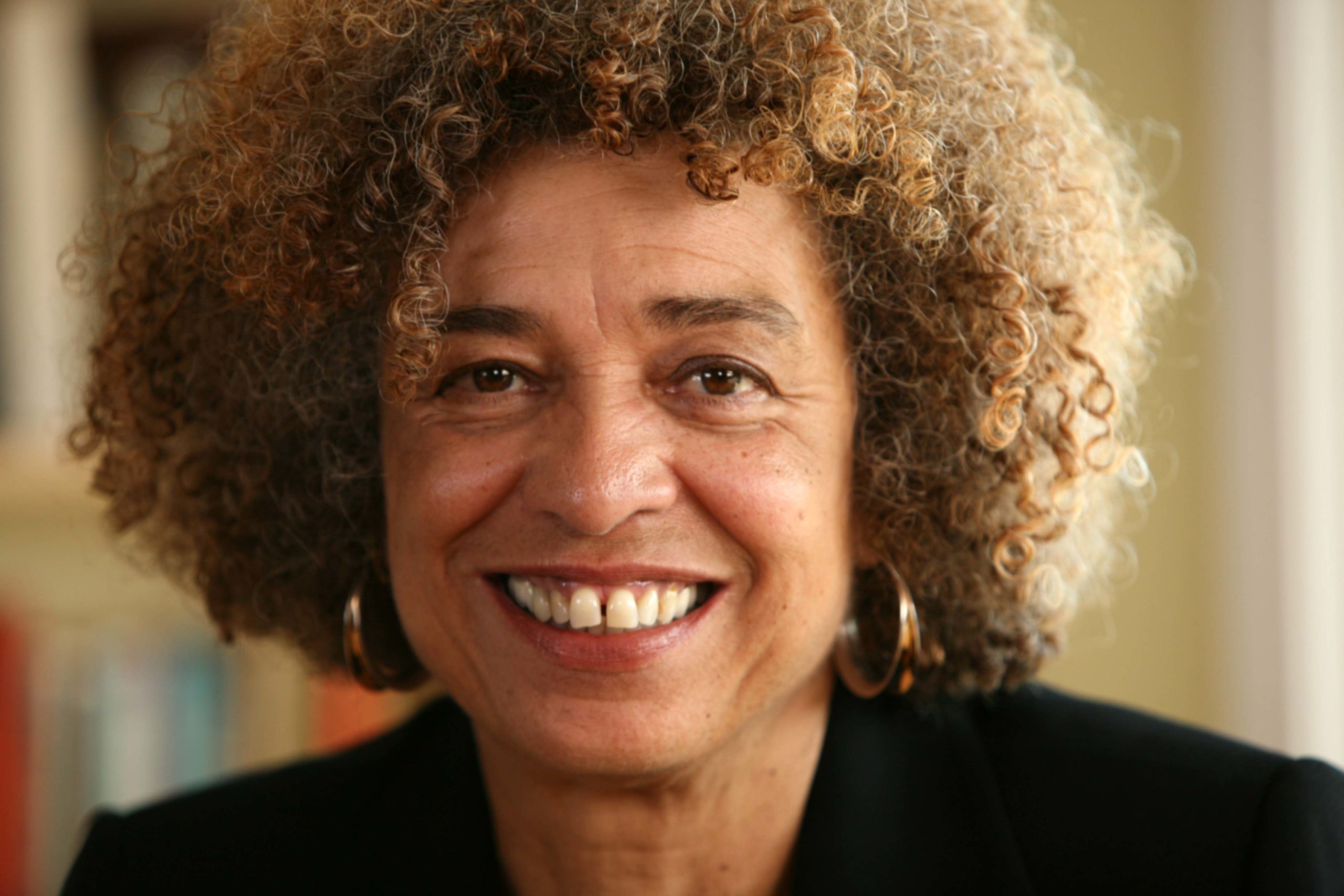
Angela Davis
she/her/hers
Through her activism and scholarship over many decades, Angela Davis has been deeply involved in movements for social justice around the world. Her work as an educator – both at the university level and in the larger public sphere – has always emphasized the importance of building communities of struggle for economic, racial, and gender justice.
Professor Davis’ teaching career has taken her to San Francisco State University, Mills College, and UC Berkeley. She also has taught at UCLA, Vassar, Syracuse University the Claremont Colleges, and Stanford University. Most recently she spent fifteen years at the University of California Santa Cruz where she is now Distinguished Professor Emerita of History of Consciousness – an interdisciplinary Ph.D program – and of Feminist Studies. Angela Davis is the author of ten books and has lectured throughout the United States as well as in Europe, Africa, Asia, Australia, and South America.
In recent years a persistent theme of her work has been the range of social problems associated with incarceration and the generalized criminalization of those communities that are most affected by poverty and racial discrimination. She draws upon her own experiences in the early seventies as a person who spent eighteen months in jail and on trial, after being placed on the FBI’s “Ten Most Wanted List.” She also has conducted extensive research on numerous issues related to race, gender and imprisonment.
Her recent books include Abolition Democracy and Are Prisons Obsolete? about the abolition of the prison industrial complex, a new edition of Narrative of the Life of Frederick Douglass, and a collection of essays entitled The Meaning of Freedom. Her most recent book of essays, called Freedom Is a Constant Struggle: Ferguson, Palestine, and the Foundations of a Movement, was published in February 2016.
Angela Davis is a founding member of Critical Resistance, a national organization dedicated to the dismantling of the prison industrial complex. Internationally, she is affiliated with Sisters Inside, an abolitionist organization based in Queensland, Australia that works in solidarity with women in prison. Like many educators, Professor Davis is especially concerned with the general tendency to devote more resources and attention to the prison system than to educational institutions. Having helped to popularize the notion of a “prison industrial complex,” she now urges her audiences to think seriously about the future possibility of a world without prisons and to help forge a 21st century abolitionist movement.
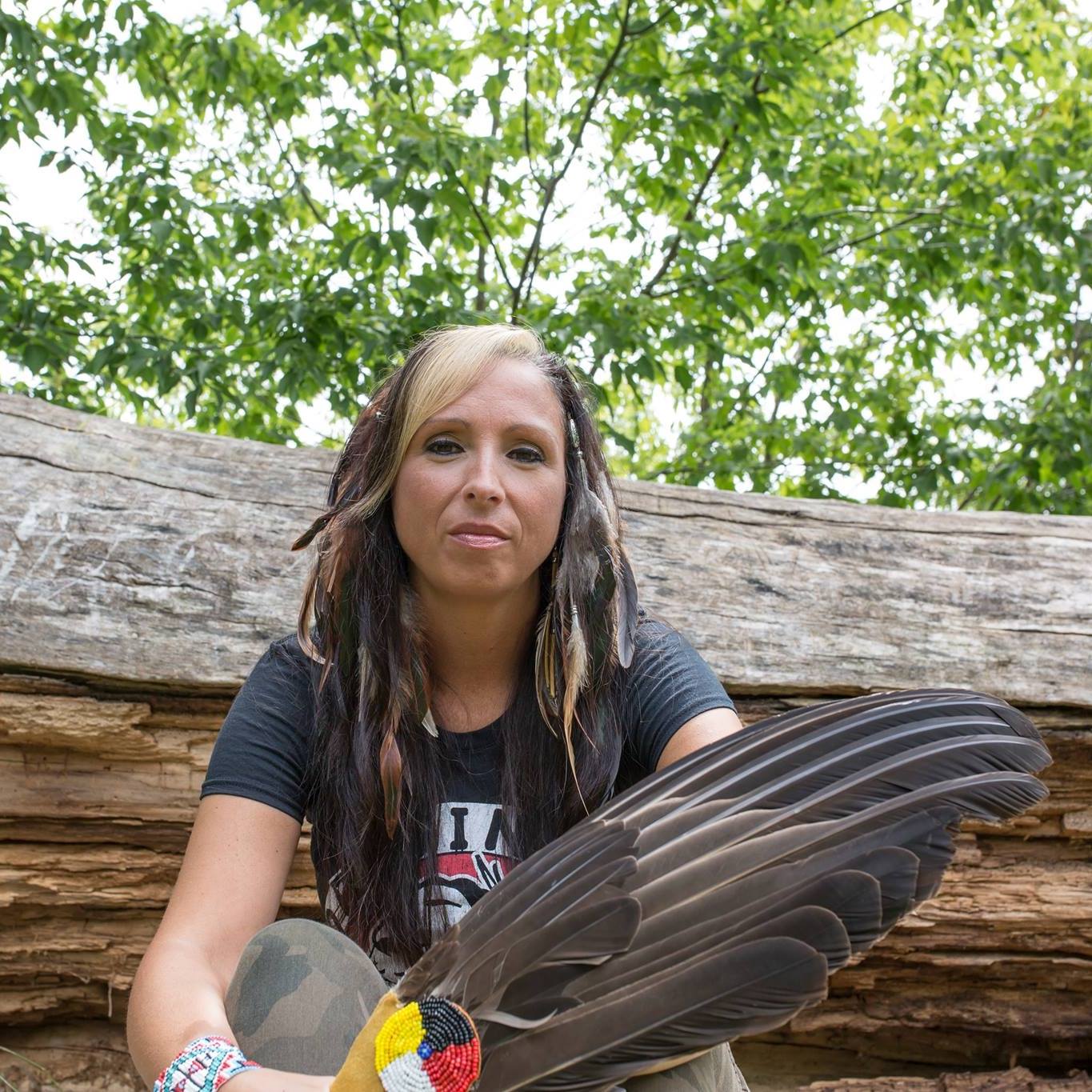
Dr. Pamela D. Palmater
she/her/hers
Dr. Pamela D. Palmater is a Mi’kmaw citizen and member of the Eel River Bar First Nation in northern New Brunswick. She has been a practicing lawyer for 20 years and is currently an Associate Professor and the Chair in Indigenous Governance at Ryerson University. She comes from a large family of 8 sisters and three brothers. Pam has two sons, Mitchell and Jeremy, who are also active in the community.
She has 4 university degrees, including a BA from St. Thomas in Native Studies, and an LLB from UNB where she won the Faskin Campbell Godfrey prize in natural resources and environmental law. She went on to complete her Masters and Doctorate in Law from Dalhousie University Law School specializing in First Nation law.
Pam has been studying, volunteering and working in First Nation issues for over 25 years on a wide range of social, political and legal issues, like poverty, housing, child and family services, treaty rights, education and legislation impacting First Nations. She came in second in the Assembly of First Nations election for National Chief in 2012 and was one of the spokespeople, organizers and public educators for the Idle No More movement in 2012-13.
She has been recognized with many awards and honours for her social justice advocacy on behalf of First Nations generally, and Indigenous women and children specifically, and most recently for her work related to murdered and missing Indigenous women. Some of these awards include 2012 YWCA Woman of Distinction Award in Social Justice, the 2012 Women’s Courage Award in Social Justice, Bertha Wilson Honour Society 2012 and Canadian Lawyer Magazine’s 2013 Top 5 Most Influential Lawyer in the Human Rights category, Canada’s Top Visionary Women Leaders 2014, and most recently, the 2015 UNB Alumni Award of Distinction, the J.S. Woodsworth Woman of Excellence Award in Human Rights and Equity, and most recently, the Margaret Mead Award in Social Justice.
Pam’s area of expertise is in Indigenous law, politics, and governance. She has numerous publications including her book, Beyond Blood: Rethinking Indigenous Identity, legal academic journal publications, magazine articles and invited news editorials. Her political blog, Indigenous Nationhood has been reposted and reprinted in numerous formats and has been published into a book, Indigenous Nationhood: Empowering Grassroots Citizens. She is a well-known speaker, presenter and educator on Indigenous issues both across Canada and internationally, having spoken in Samoa, Peru, Switzerland, England, Belgium and the United States. She is frequently called as an expert before Parliamentary and United Nations committees dealing with laws and policies impacting Indigenous peoples.
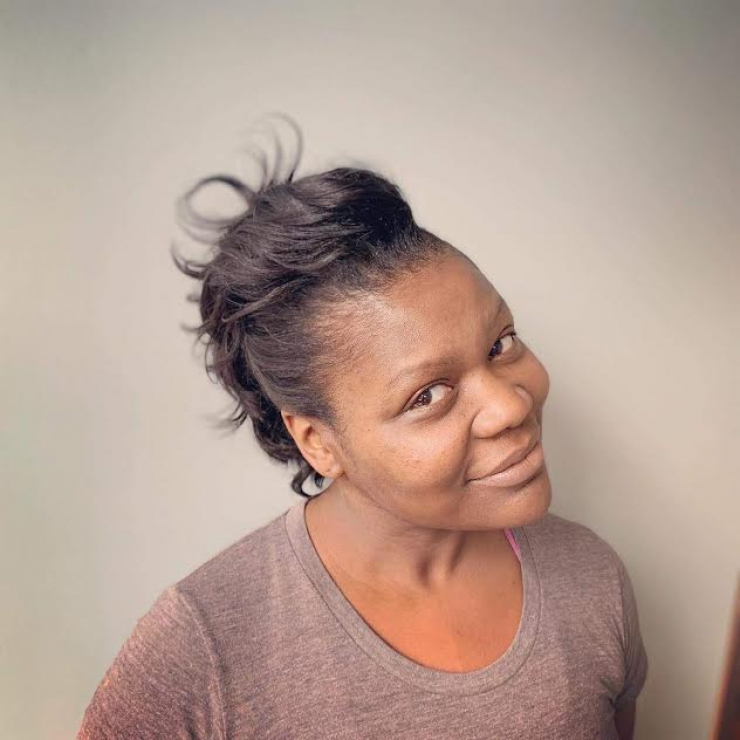
Erica Ifill
she/her/hers
Erica Ifill is a former Department of Finance economist and columnist who founded Not In My Colour, the first intersectional business consultancy. With this new venture, she is positioned to address the systems and policies that prevent representation and equity at all levels in the workplace.
Erica co-founded the Bad + Bitchy podcast, which focuses on politics, technology and society, from an equity perspective.
She is also columnist for The Hill Times, where she writes about federal politics and economics, with an intersectional feminist lens, and whose additional bylines include: Macleans, Policy Options and the Globe and Mail.
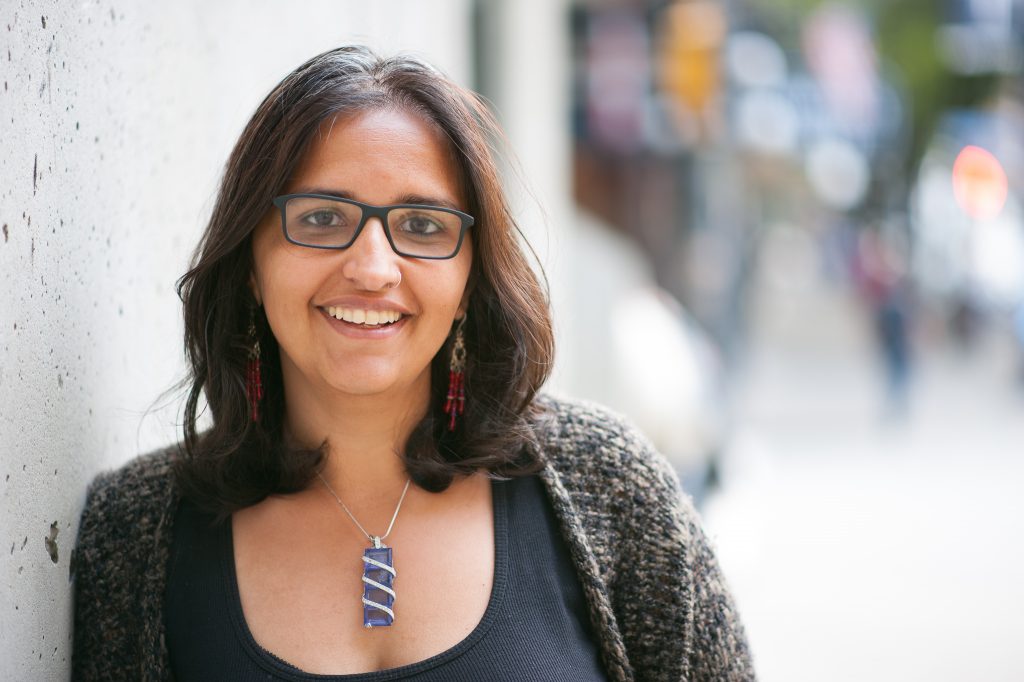
Harsha Walia
she/her/hers
Harsha Walia has organized in migrant justice, anti-capitalist, feminist, abolitionist, and anti-imperialist movements for the past two decades. She has been involved in grassroots movements including No One Is Illegal, Defenders of the Land, and Feb 14 Women’s Memorial March. Her upcoming book Border and Rule: Global Migration, Capitalism, and the Rise of Racist Nationalism will be released by Haymarket Books in 2021. She is also the award-winning author of Undoing Border Imperialism, co-author of Never Home: Legislating Discrimination in Canadian Immigration as well as Red Women Rising: Indigenous Women Survivors in Vancouver’s Downtown Eastside. Trained in law, Harsha is currently Executive Director at the BC Liberties Association and the former Project Coordinator at the Downtown Eastside Women’s Centre. She wants a world without borders, banks, bitumen, bombs, and bros.
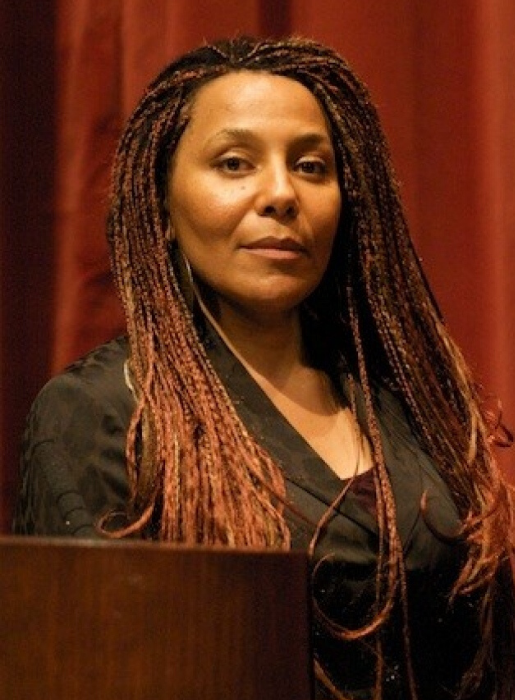
Angela Marie MacDougall - moderator
she/her/hers
Angela Marie MacDougall is a bi-racial Black activist born and raised in Vancouver, unceded territories of the xʷməθkʷəy̓əm (Musqueam), Sḵwx̱wú7mesh (Squamish), and Sel̓íl̓witulh (Tsleil-Waututh) Nations. Angela began her work as an advocate, activist, and front-line worker in 1992. She has brought tangible transformation to service and program delivery as well as community development and partnerships.
Angela’s impact includes development of empowerment and advocacy-based service delivery models grounded in strong theoretical frameworks based on decolonial, and anti-oppression, intersectional feminism. In recognition of this important work, Angela was named a Remarkable Woman by the City of Vancouver and Vancouver Magazine named her one of Vancouver’s most powerful people.

